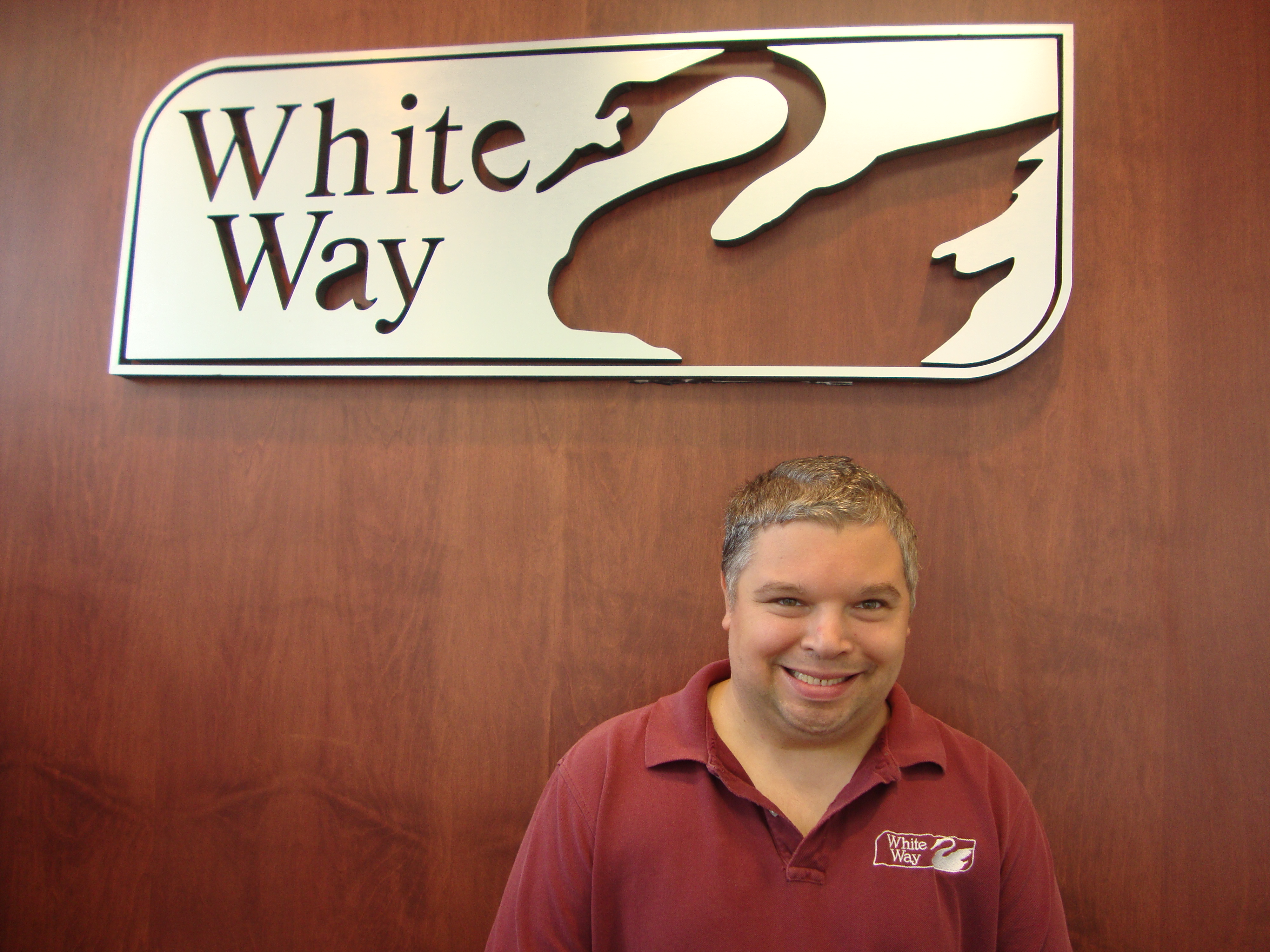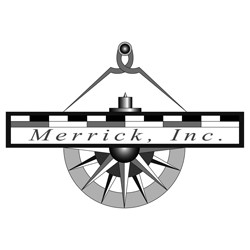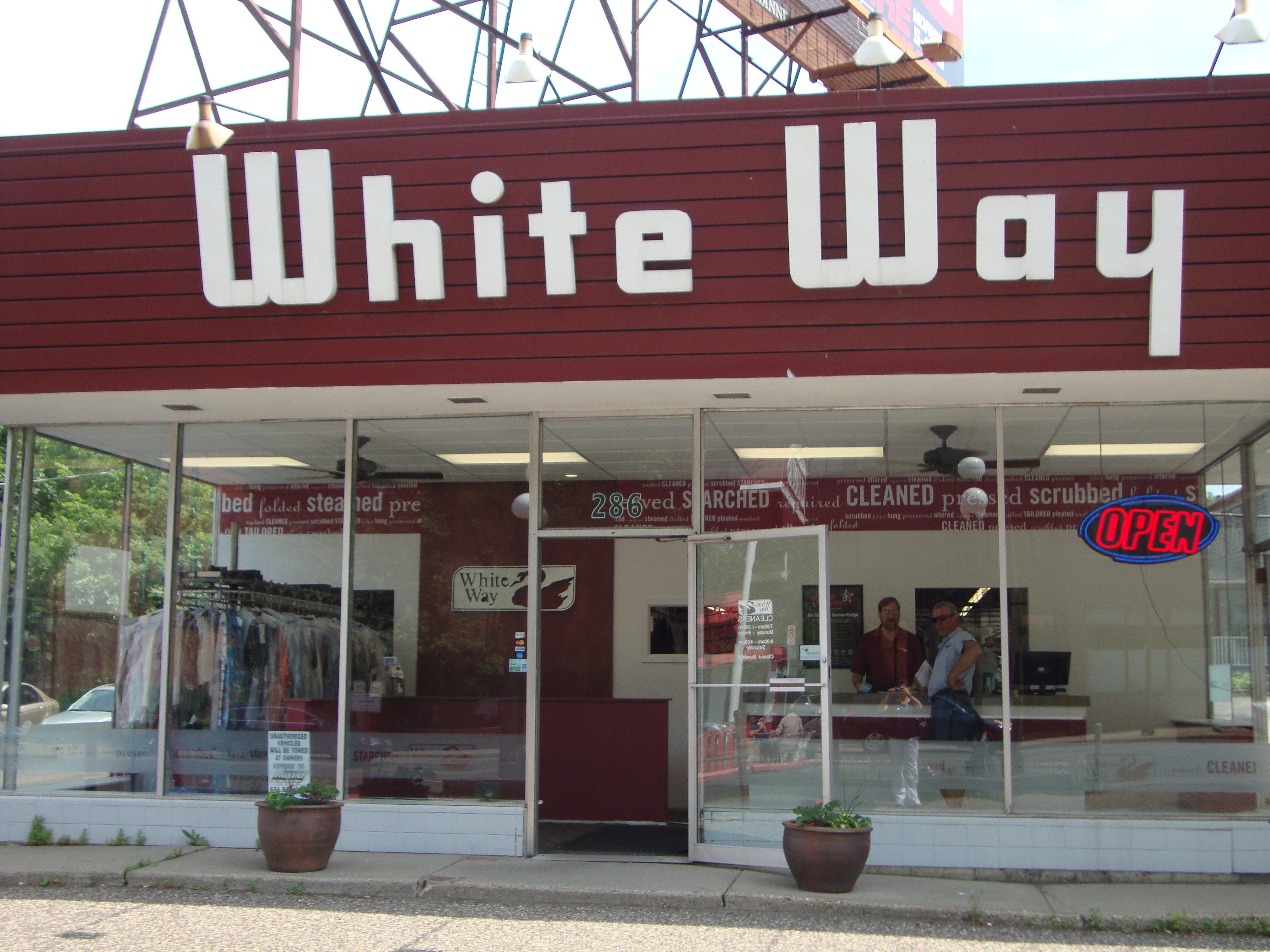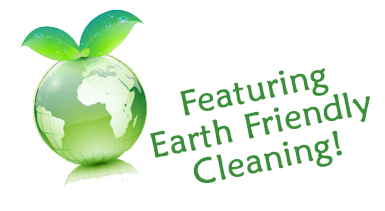In honor of Earth Day this Sunday, we wanted to share this interesting article on how different industries, including Dry Cleaners, are “Going Green” and the benefits they see from doing it.
Green products are transforming businesses — in a big way since the first Earth Day in 1970.
The Miami Herald reported that more business both within and outside of Florida are going green. Why is that? Because it means big business. Just how much has the environmental movement changed South Florida businesses and consumer trends since the first Earth Day 42 years ago? Let’s take a look…
In 1970: The environmentalist picked up litter at the beach and by the highway. Petitioned Congress to ban DDT in pesticides and lead from gas. Joined the local food co-op to buy organic products.
Today: The environmentalist services the family Prius at a green auto center. Uses an eco-friendly dry cleaner or house-cleaning contractor. Shops the GreenWise aisle at Publix.
Eco-friendly trends have transformed government and corporate policies over the past four decades. And those changes are most evident in the rise of green businesses and a new wave of pocketbook environmentalists who believe that going green makes financial sense.
Advertisement
“I see it every day; more and more people are turning to organics and green products,” says Edward Watson, owner of EJ Organic Lawn Service in Miami. “There’s been a big increase in my business over the past couple years.”
And for good reason, he says. “Using organic products in your yard is better for the environment,” he argues, “but it’s also better for the kids and even the cats and dogs.”
Earth Day on April 22 will highlight the green movement’s progress. Green businesses in the United States constitute a $175 billion industry that employs nearly two million workers, according to a report issued last year based on U.S. Census Bureau data. In Florida alone, environmental businesses contribute an estimated $9 billion a year to the economy and employ nearly 200,000 workers.
The trend has impacted the building industry with regard to LEED certifications. Miami’s commercial real estate tower — the $310 million, 40-story 600 Brickell at Brickell World Plaza — is the only building in Florida to earn the construction industry’s highest green rating of LEED pre-certified platinum (short for Leadership in Energy and Environmental Design) from the U.S. Green Building Council. The West Kendall Baptist Hospital, which opened last year, received a LEED gold certification (the second highest designation).
Mainstream grocery stores have jumped on the organic-foods bandwagon in a big way. Whole Foods and Fresh Market stores have been in the forefront, but Publix Super Markets now features its GreenWise stores and brands. And regional chains like Winn-Dixie Stores and retail giants Target and Walmart are also grabbing a share of the organic-foods market.
Consumer demand for products with fewer agricultural chemicals and additives is skyrocketing, with $26.7 billion in sales last year in the United States, up from $1 billion in 1990, according to the Organic Trade Association. Nearly three-quarters of families buy organic products at least occasionally, according to a 2009 U.S. Families’ Organic Attitudes and Belief Study.
Now, the green movement is also impacting greenery.
“This all began with food, and it’s trickled down into the lawn and garden sector,” says Paul Tukey, founder of safelawns.org and a former host of People, Places & Plants on HGTV. “These same people who are buying organic food for their kids are saying, ‘Wait a minute, I don’t want toxic pesticides on my lawns and around my children.’ ”
An estimated 12 million households use only natural and organic lawn and garden products, up from five million in 2004, according to the National Gardening Association.
The need to ensure businesses follow green standards has led to nonprofit organizations like Certified Green Partners of Hialeah and the Green Seal group, which certify eco-friendly businesses and products. Certified Green Partners has certified more than 100 businesses and government agencies, based on a range of criteria, including recycling programs, water-conservation efforts, energy-saving techniques and the use of nontoxic products.
The Green Seal has provided a “green” equivalent of the Good Housekeeping Seal for more than 230 eco-friendly products — including paint, paper, cleaning products — as well as hotels, restaurants and cleaning services.
“If you look at the interest in organic foods and the interest in ingredients in certain kinds of beauty care products and cosmetics…people are getting more interested in what a product is made of and how it affects them and their families,” says Linda Chipperfield, vice president of marketing and outreach for Green Seal
Here’s a closer look at three South Florida businesses that have embraced earth-friendly trends and services.
Car repairs
From the street, Sully Dawson’s Oakland Park auto shop is virtually indistinguishable from the dozens of others in the neighborhood. But look past the tires, fluids and engine parts and you’ll see a distinct difference.
Barrels of recyclable materials — metals, oil, tires and antifreeze — share space in the bays with auto lifts. Organic glass cleaners, wheel degreasers, car-wash detergents and biodegradable synthetic “G-oil” are stacked neatly on shelves. And many fuel products are held in 55-gallon drums — not small, individualized bottles — which cuts down on waste and plastic packaging.
“People can’t believe an auto service center can be green, but that’s what we are,” says Dawson, who opened the Eco-Friendly Auto Repair Center two years ago.
Dawson’s philosophy: Recycle and reuse as much as possible. Tires are converted into playground flooring products. The shop uses a service called Safety-Kleen, which cleans and recycles its used oils. It’s also one of the few to offer customers the choice of re-refined (used) Eco Power oil or a biodegradable alternative made from animal fat — “G-Oil,” certified by the American Petroleum Institute — instead of regular motor oil.
Going green doesn’t have to mean compromising on cost or engine performance, Dawson says.
“I get $24.99 for an oil change, so I’m average for the area, even though everything I do is green,” he says. “And like I tell my customers, the military’s been using re-refined oil for about 15 years. And if it’s good enough for a Hummer that’s in the middle of Afghanistan at 130 degrees, it’s good enough for my customers.”
Dawson says he believes his business is as much about changing attitudes as changing oil.
“I get some people who come in sometimes who say, ‘Are you like Whole Foods?’ And then I explain what we do here.”
But Dawson adds that businesses “can basically make small changes — little tweaks, really — that make huge ripples downstream, in terms of the impact on the environment.”
Dry cleaners
Dean Neiger and his brother Steven, who own and operate Dryeco Cleaners in Sunny Isles, are so committed to being green that they offer an environmental pledge on their web site.
The Neigers, who have been in business three years, say they do not use the toxic chemical solvent perchloroethylene (perc).
Dryeco uses a nontoxic biodegradable acetal-based cleaner called K4, developed by the German company Kreussler. The firm also uses a “wet-cleaning” process that uses gentle detergents on even dry clean-only clothes.
“All the other products we use are biodegradable, too,” Dean says. “Even the plastic bags we use on the clothes … they’re made from recycled materials and completely degradable and biodegradable.”
As for being environmentally friendly, Neiger says, “I just believe it’s the right thing to do. And I think our customers appreciate that.”
Maid service
For Petter and Teresa Nahed, the decision to open an eco-friendly maid service was personal as well as professional.
For years, Petter’s mother, Claudia, suffered from chronic breathing problems and illnesses — conditions the family suspects were related to her work for 10 years as a housekeeper using toxic cleaning chemicals. So when the Naheds opened their own family cleaning business in 2006, they decided to go green.
Today, the couple’s business, Maid Green, employs about a dozen house- and commercial-building cleaners who handle an average of 10 jobs on an average day. All use nontoxic biodegradable mineral- or citrus-based cleaners that the EPA has approved to kill germs and bacteria without harsh chemicals that can contribute to environmental contamination and indoor air-pollution levels that can be up to five times higher than outdoors. The Naheds also use reusable microfiber cloths and low-energy, HEPA filtration vacuums.
“Not using all the chemicals is good for the maids and the customers, too,” Teresa Nahed says.
Maid Green uses mineral-based and citrus-based cleaning products that don’t contain toxic chemicals or bleach. It also uses natural cleaners, such as vinegar and lemon juice, which can be effective disinfectants.
Teresa Nahed says the company’s success embodies a key philosophy behind many green businesses: “You can get the same results from using all-natural products and it’s better for us and our customers in the long run … and it’s better for the environment.”
These are just three of many more kinds of businesses going green. It can add both good publicity and more dollars to your business bottom line and just makes common sense.





